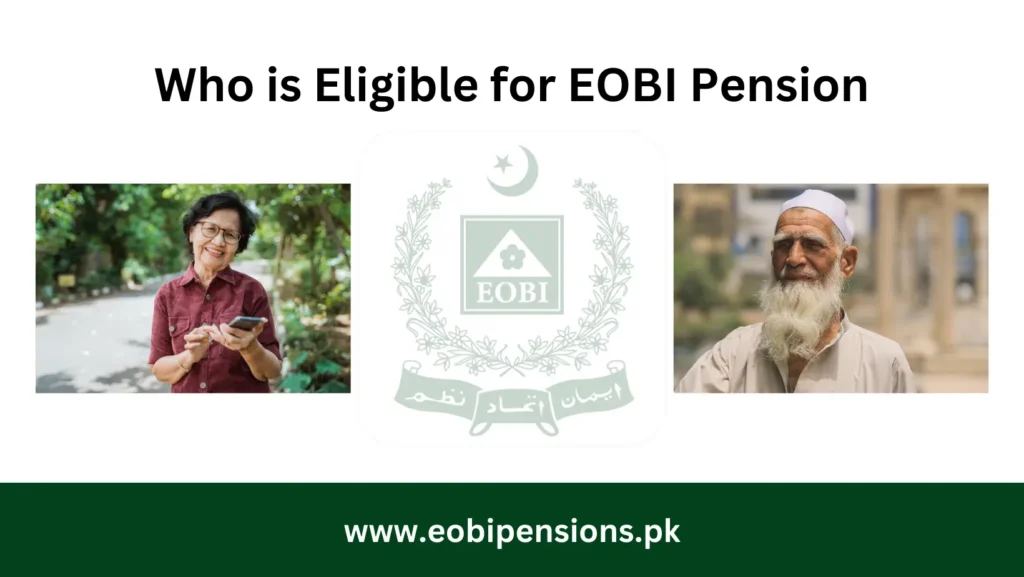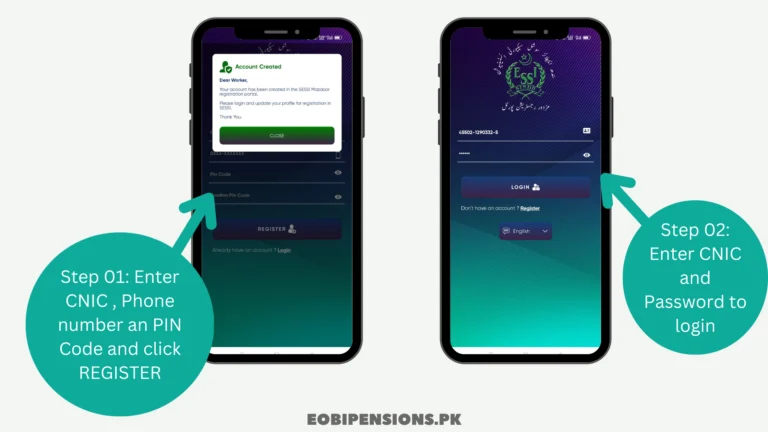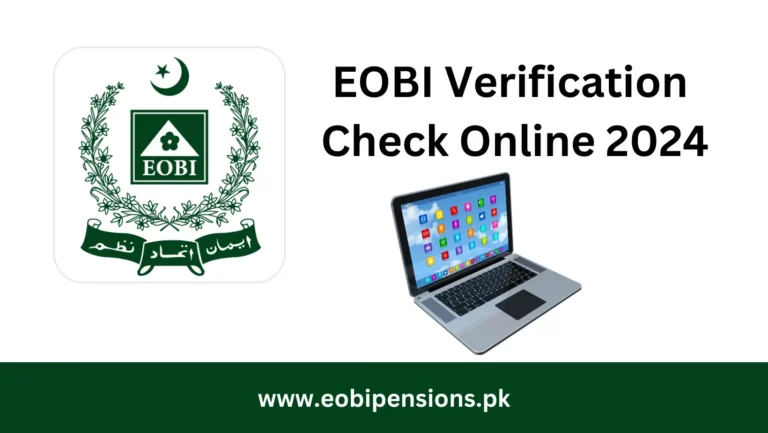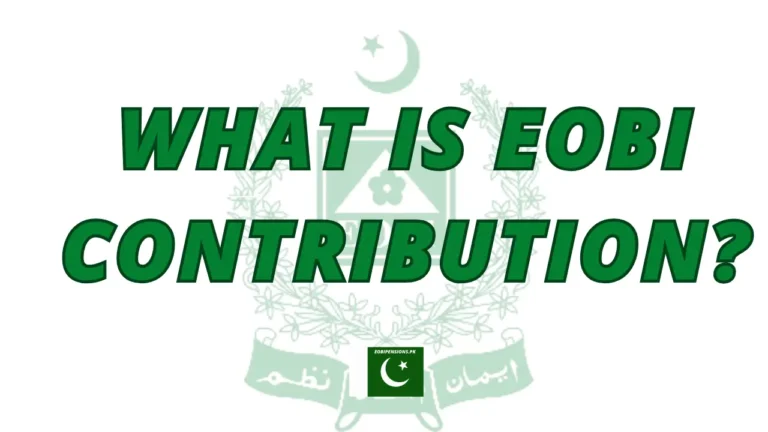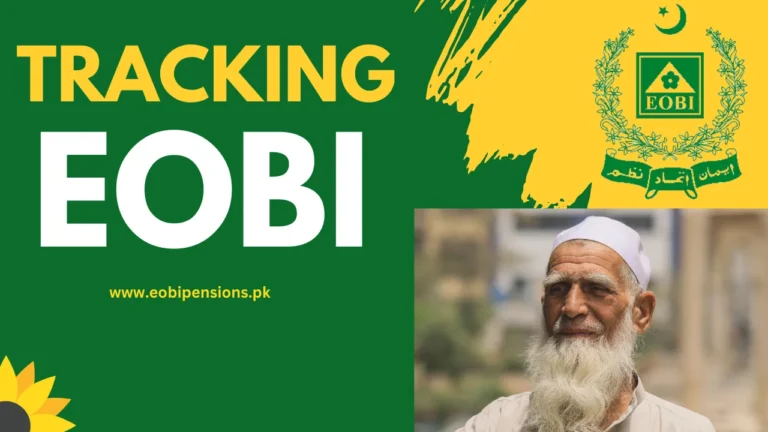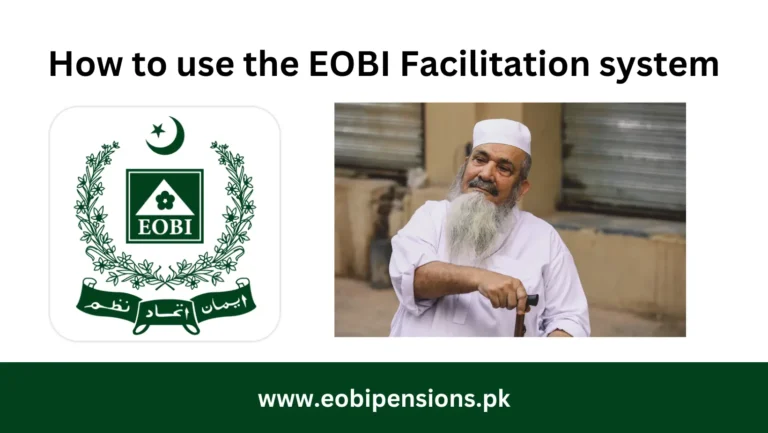EOBI Pension Rules in Urdu – 2024 Updated
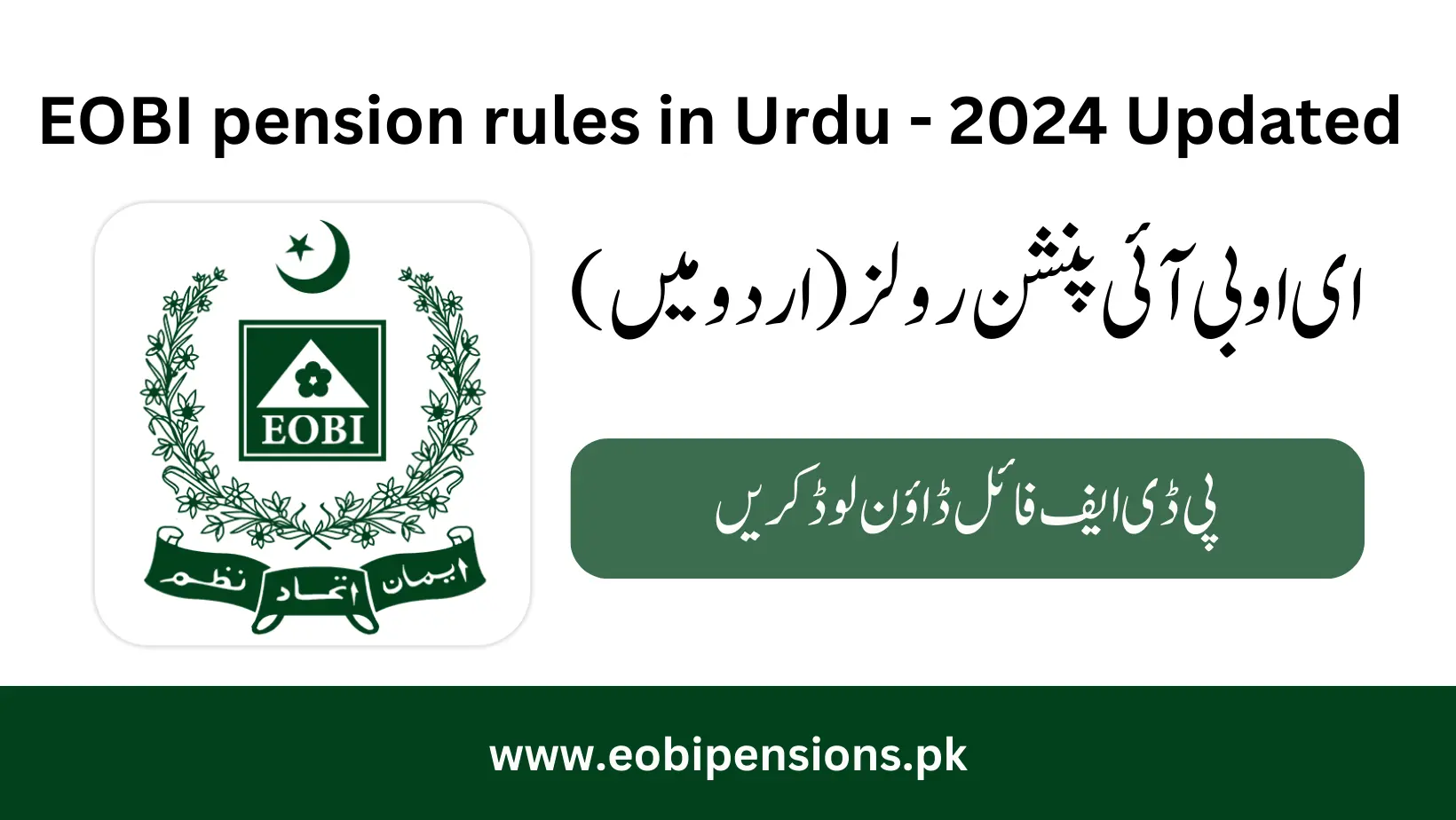
If you want to understand EOBI pension rules in Urdu, you’re in the right place! Pension rules can be hard to understand, especially for older people who struggle with English. That’s why we’ve translated all the EOBI pension rules into Urdu.
Whether you’re new to pensions or just need a reminder, our translated guidelines will help you understand everything without language problems. Check out the rules to know all about your pension benefits!
EOBI Pension Rules in Urdu
Here is detailing the regulations and procedures of 2024 available in Urdu for easy understanding, and you can also download it as a PDF for convenient access.
EOBI Pension Rules in Urdu PDF download
What is EOBI policy
This rule was made on April 23, 1972, to start the Old Age Pension plan. It suggested giving a pension of Rs. 60 after working for 20 years. The retirement age was set at 55 years for men and 50 years for women.
This rule aimed to help people who were old and couldn’t work. The government wanted to give a pension to give money to those who had worked for a long time. Men could retire at 55, and women at 50, showing the common beliefs about work and stopping work back then.
Who is Eligible for EOBI Pension
- Individuals must be employed in Pakistan’s private sector.
- Typically, individuals need to reach a specific age, usually retirement age (age of 60 years and 15 years of service), to qualify for benefits.
- Applicants need to have contributed to the EOBI fund during their employment.
- If a person passes away before reaching the age of 60 after completing five years of service and leaving their job for any reason, their wife is entitled to receive a pension.
- The eligibility criteria remain the same for females. as, if a female passes away, her husband is entitled to receive EOBI pension, with the only difference being that females become eligible for the pension when they reach 55 years of age.
- Sometimes, being married or not could impact eligibility for specific benefits.
- EOBI might offer benefits for various other circumstances, like marriage or funeral grants.
